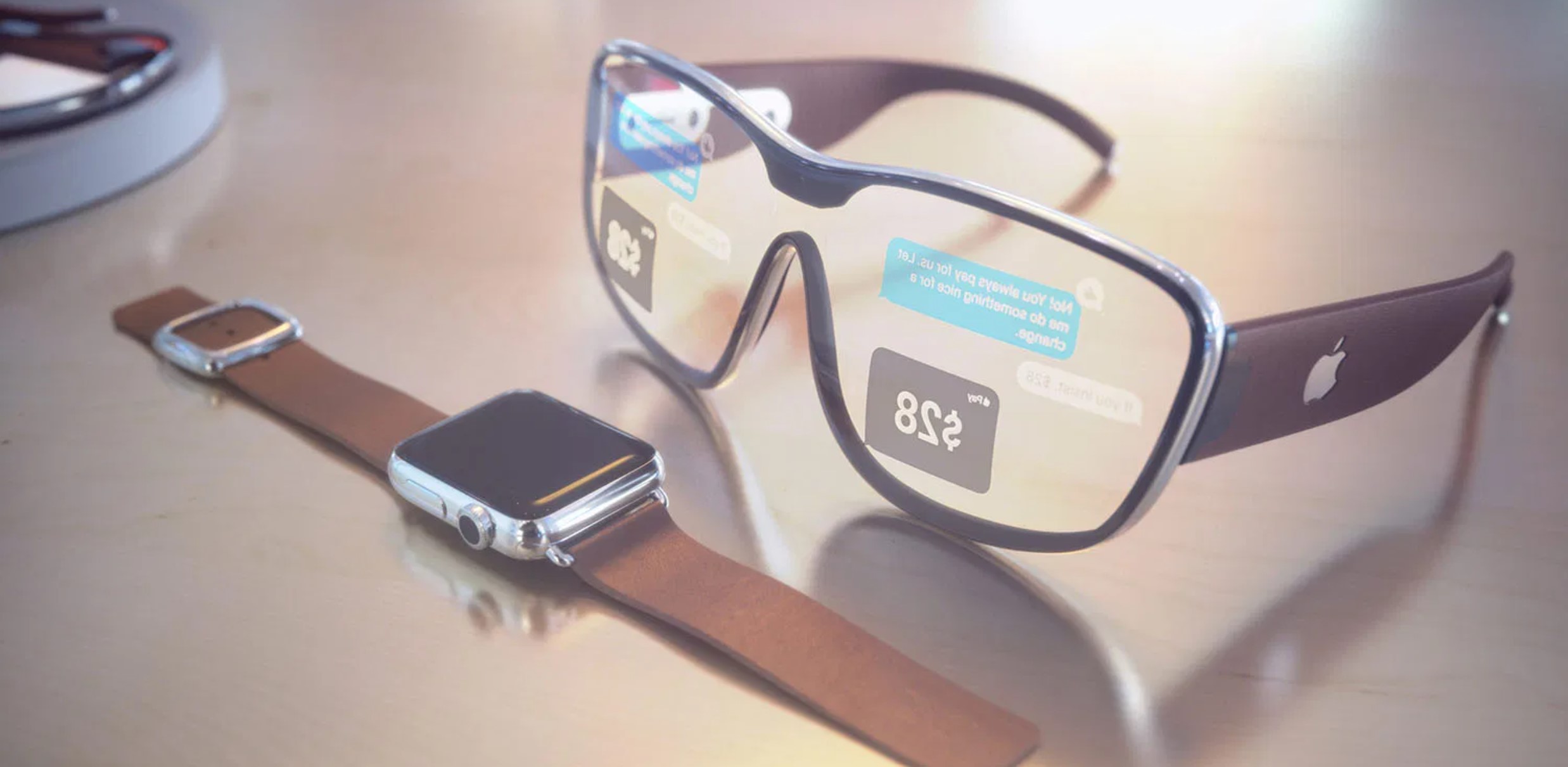Apple is crashing the smart glasses party, but Meta's Orion will be a tough act to follow
Apple gets serious on smart glasses, but is it too little too late?

Apple's Vision Products Group, the brilliant minds behind the ultra-deluxe Vision Pro, are reportedly working on several new VR/AR/Mixed reality projects, including a part of smart glasses that may arrive by 2027.
Following this year's Meta Connect event, smart glasses are the talk of the town (in no small part thanks to Meta's Orion frames) and even VR and AR are receiving some notable attention in the build-up to tomorrow's Meta Quest 3S release.
To that end, it's no surprise that Apple would put pedal to metal on its own projects — especially as Meta's holographic smart glasses aren't expected to face a consumer release until we near the end of the decade.
From Vision Pro fumble, to ready to rumble
According to Bloomberg's Mark Gurman, Apple likely has four major projects in the works within its Vision Products Group: a lower-end Vision Pro, a second-generation Vision Pro, camera-touting AirPods, and a pair of high-tech glasses to go up against the Ray-Ban Meta smart glasses.
Sidestepping Apple's new Vision Pro models — which are no doubt destined to fall into the same price-tag punji pit that both the original Vision Pro and Meta Quest Pro fell into — Apple's smart glasses may have the most potential to perform, especially against Meta's smart glasses lineup. Apple will be late to the party on this one, but that's not to say it won't turn heads when entering.
As long as it shows up before Meta CEO Mark Zuckerberg sweeps everyone away to the private Orion after-party, anyway.
Apple: Late to the race, but often in first place
Apple has a long-standing tradition of showing up late to the party yet being credited for its inception — a feat they've managed to repeat ever since the iPod hit store shelves in 2001.
Sign up to receive The Snapshot, a free special dispatch from Laptop Mag, in your inbox.
At the time, CEO Steve Jobs claimed that the iPod was a "Quantum leap" for portable MP3 players. If you forgot about the Nomad Jukebox offering the same features with more storage and a lower price tag, anyway.
Still, fittingly, there's no room for the Nomad in the history books, leaving its existence but a roaming memory in the minds of bitter tech fans like myself.
Being first through the door matters little when you have an adoring fanbase like Apple's behind you just waiting for the opportunity to blindly sacrifice their paychecks in lock-step unison at the altar of "different thinking."
This is something Apple may be able to bank on when going toe-to-toe with Meta in the smart glasses realm, especially as the next few generations of smart glasses become more advanced and more expensive, and Apple's history of delivering deluxe falls in their favor.
Outlook
Reportedly targeting a 2027 release, Apple smart glasses still have plenty of time to brew. However, when they do arrive it's unlikely that these will be the glasses to tackle Meta's Orion holographic glasses. Industry insiders claim that Apple's response to those hyper-advanced frames is likely five years off at least, placing them in the same end-of-the-decade release window as Meta.
In the meantime, we expect to see Meta release its third-generation smart glasses next year, the first to feature a heads-up display for visual feedback. These glasses will likely be paired with the company's neural wristband for control, which may find itself repurposed as a smartwatch.
With that in mind, if Apple is seeking to compete with Meta's glasses directly, we'd assume that the company's frames will offer similar features.
We've already seen the Apple Watch make use of gestures like double tap, and the device could be tweaked to capture more gestures in later models to better pair with the visual element of future smart glasses while strengthening the walls of Apple's tightly-knit eco-system.
More from Laptop Mag
- What are smart glasses? Yesteryear’s ‘next big thing’ is finally finding an audience
- What will the future of Meta Quest headsets look like?
- Why smart glasses will be the death of VR headsets

Rael Hornby, potentially influenced by far too many LucasArts titles at an early age, once thought he’d grow up to be a mighty pirate. However, after several interventions with close friends and family members, you’re now much more likely to see his name attached to the bylines of tech articles. While not maintaining a double life as an aspiring writer by day and indie game dev by night, you’ll find him sat in a corner somewhere muttering to himself about microtransactions or hunting down promising indie games on Twitter.
